Propagation of barberry by cuttings
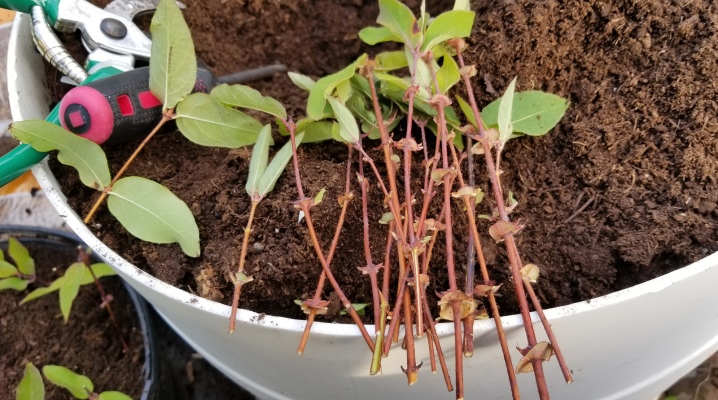
Barberry is a useful and beautiful plant. Some gardeners really want not one bush to grow on the site, but several at once. To do this, it is enough to take a viable specimen and propagate it using cuttings. It will turn out very economically. And in order for these actions to end successfully, you need to know some subtleties. Let's talk about this.
Basic rules for grafting
Many will say that it is easier to buy a ready-made seedling and plant it. But before you do this, you need to consider the advantages of breeding barberry by cuttings at home:
- barberry is not too capricious, therefore special conditions will not be required for this action;
- a bush grown from a cuttings has a better chance of full development;
- no special investment is required;
- you will definitely know the variety (which cannot be said about the purchased unit purchased on the market).
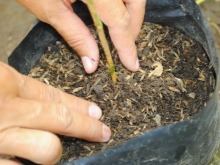
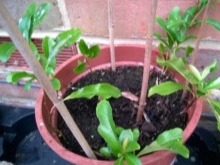
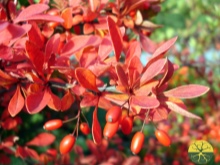
Decorative barberry is a kind of plant, if we talk about its reproduction. It is able to grow strongly when it gains strength. Therefore, it must be trimmed. When pruning, you can choose branches that are suitable for further propagation. Before proceeding with the procedure, please note: when planting occurs with the help of cuttings, the shoots are reluctant to release roots.
The grafting method involves two rooting options. Both are carried out either with the green or with the lignified parts.
It must be remembered that planting green cuttings is not the best way due to their poor survival rate.
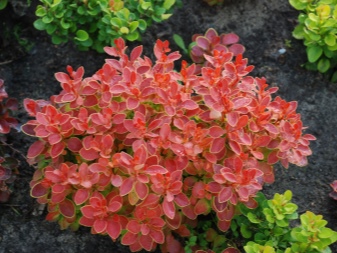

To breed with green cuttings, the following instructions must be followed:
- cut the cuttings in spring or summer - when the first green shoots appear;
- the seedling should be about 12 cm in length, and not exceed 6 mm in width, and also have internodes;
- all foliage is removed from the bottom, and the cut should be about 60 degrees;
- finished branches are buried in the ground at an inclination of about 25 cm;
- over them it is necessary to build a semblance of a greenhouse, which will help maintain the temperature (somewhere around 22 degrees and 90% humidity);
- it needs to be opened several times during the day for ventilation.
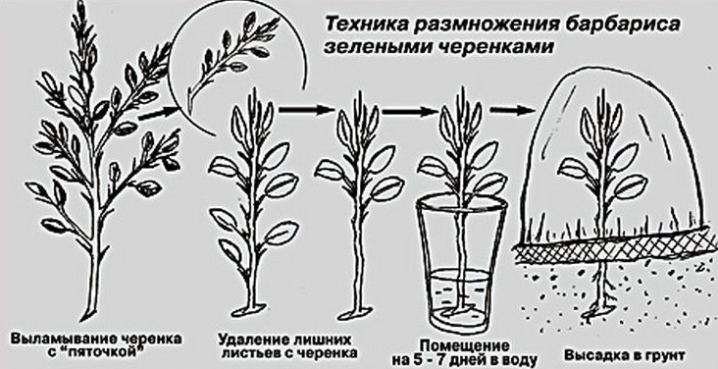
Lignified shoots are rooted in the following way:
- in the fall we choose biennial units 22 cm in length, their diameter should not exceed 1 mm;
- cut at an angle of 60 degrees and plant in a trench in early spring;
- we drop it in and fall asleep on top with sawdust or foliage;
- we create greenhouse conditions;
- we are waiting for the young growth to give the first shoots (about 3 branches each), this will happen in the fall.
If a place for planting has already been chosen, then you can start work when the soil thaws from winter frosts. Remember that red-leaved barberry can be planted during the autumn leaf fall, and it is even possible to grow it in winter. But these times have certain risks.
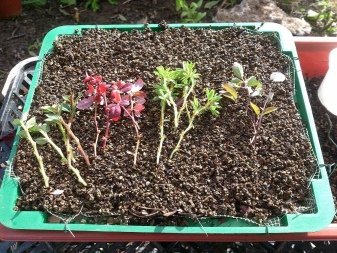
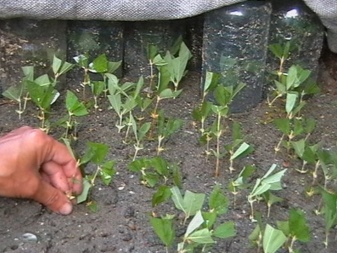
Timing
The best breeding periods for barberry are seasons such as spring or summer (preferably in July). During these time intervals, it becomes stronger. In the same time the accumulation of nutrients occurs in summer... It is they who contribute to the release of roots and the strengthening of the plant after planting.
If we continue to talk about spring planting, then this should be done when full heat comes. The plant should not have open buds. With the onset of heat and with a lack of moisture, plantations may die. Therefore, care must be taken with summer seedlings, as they require special care.
Barberry can also be planted in the fall. The advantage of this choice is that the plant will necessarily undergo stratification, and it will strengthen the immune system.
Simply put, there is no specific date for planting barberry. Experienced gardeners reproduce at different times at their own peril and risk. Thus, they gain experience.
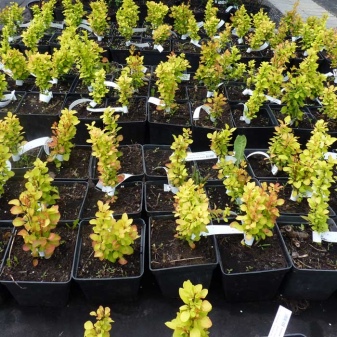
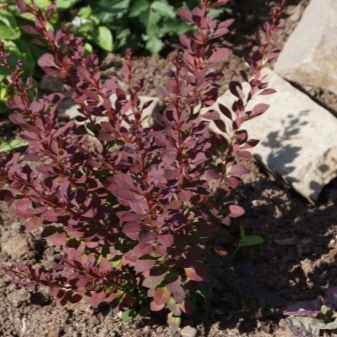
How to propagate a shrub?
When you try to cut a shrub, you will notice that the shoots do not release roots well. In order to propagate barberry at home, you will have to take into account some points. Let's list them.
Material preparation
To breed barberry with the method in question means avoiding its future vaccinations. To do this, you need to cut the cuttings. Their length should range from 12 to 15 cm. The lower leaves on the planting material are removed. And the place where the roots will subsequently appear is treated with a growth stimulator for the root system.
For this, the substance is diluted in water, following the instructions, and cuttings are placed in this solution for a day. This simple method to root a plant is the easiest and most reliable.
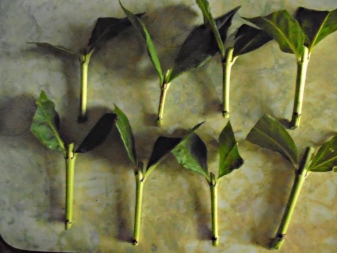

Seat selection
Barberry is a fairly thermophilic plant. Therefore, it should only grow in places well lit by the sun. Moreover, it is the plant does not like waterlogged soils... Therefore, select a site that has good drainage and meets all the requirements.
Remember that this plant does not tolerate abundant watering. Lowlands and areas where there is groundwater are contraindicated for its rooting.
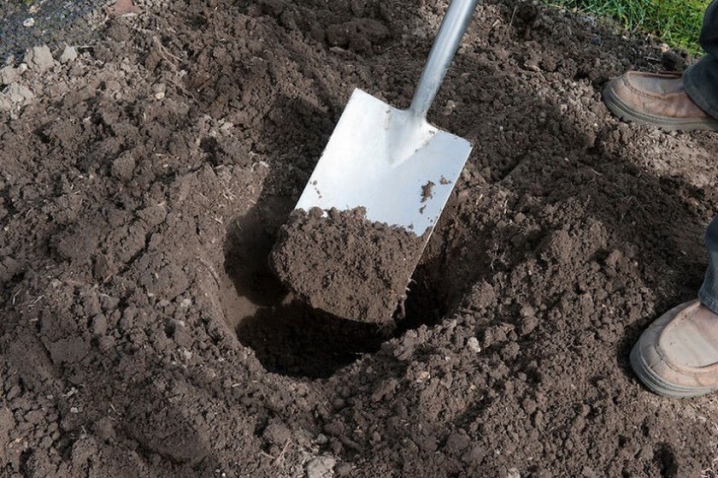
Landing
It is advisable to plant finished samples in peat and cover with foil. When strong roots appear on the seedlings, they must be transplanted into containers with well-moistened and fertilized soil. Rooting in pots allows the green space to grow stronger.
Remember, to grow a great barberry bush, you need to start with the right planting. Therefore, we prepare the hole according to all the rules. If you plan to plant one seedling, then it is enough to prepare a pit measuring 45 × 45 centimeters and 50 centimeters deep. Such a large size is needed in order to easily fit there: drainage (fits to the very bottom and consists of broken bricks) and substrate. Next, we place a seedling in the hole, straighten the roots and fill them with the remaining earth.
Then water abundantly. After that, the soil will sediment. We fill up the missing soil from above, after which we must mulch the planting site.
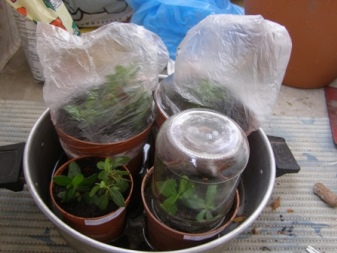
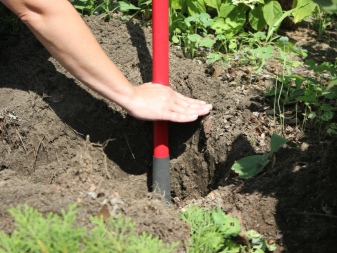
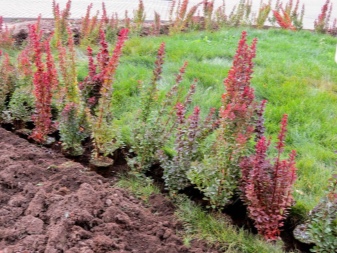
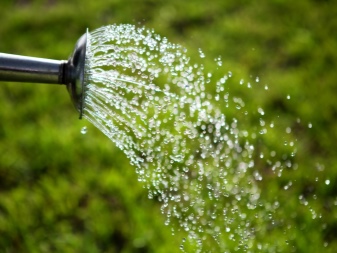
Follow-up care
To obtain full-fledged barberry bushes, water the seedlings in a timely manner, remove weeds around the root system and carry out top dressing according to the season. Then the young will quickly get stronger and winter well.
In order for the soil to retain moisture, it is mulched with a 7-cm layer of sawdust or peat. In the second year of life, the plant must be fed with nitrogen-containing (mullein can be used) substances (do this in the spring).
When flowering begins, it is imperative to support the young plantation. This can be done with the help of preparations containing trace elements. In the fall, it is advisable to apply potash fertilizer (10-15 grams of superphosphate per 1 unit).
Subsequently, feed the plant once every 3 years.
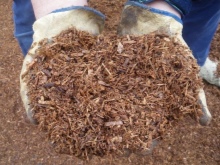
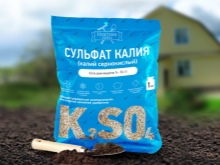

Disembarkation to a permanent place
After planting, they wait two years to plant the young. For this it is necessary to remove the shelter from the seedlings around June... Let the plants get used to the environment and grow stronger. In mid-September, you can start transplanting to a permanent place that must meet all the requirements.
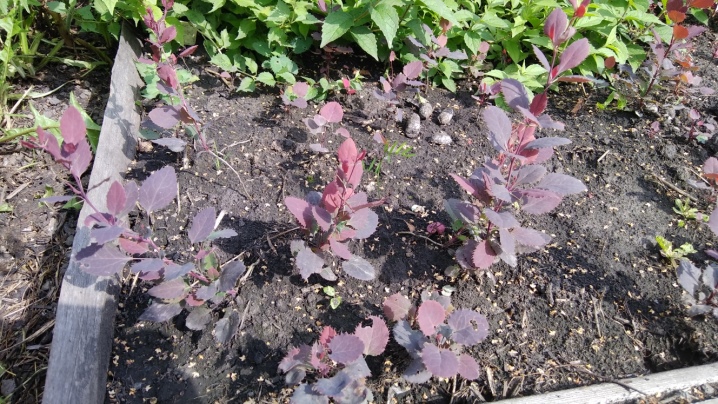
Recommendations
- In the summer months, pathogenic bacteria and parasitic insects often appear on young plantations. Therefore, when characteristic signs appear, it is necessary to process the plant in time.
- Mulch the soil around the trunk regularly.
- If the plant was well fertilized when planting, then it will need feeding only after a year. To carry it out, simply dilute 25 grams of urea in a bucket of water.
- The plant easily tolerates drought. If there are not enough resources for watering it, this is not a big deal.
- Barberry grows very strongly and quickly. Therefore, it is necessary to prune once a year.
- If you want to make a living fence out of barberry, then prune on schedule. Do this the first time when the plant is already in its second year of life.
In this case, you need to immediately form a crown.

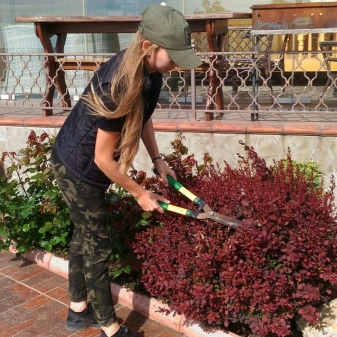
How to grow barberry from a cuttings, see below.






























































The comment was sent successfully.